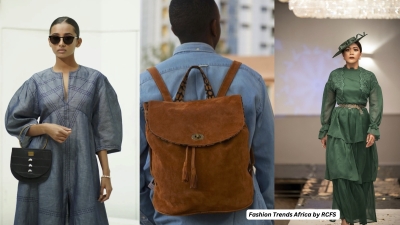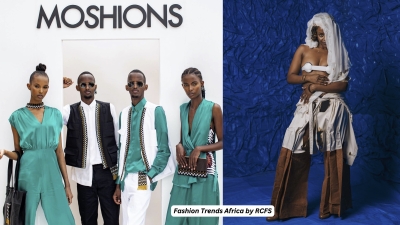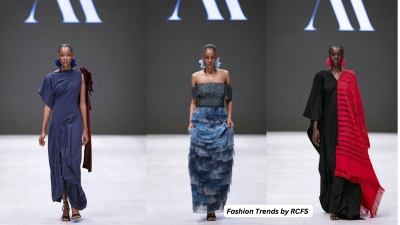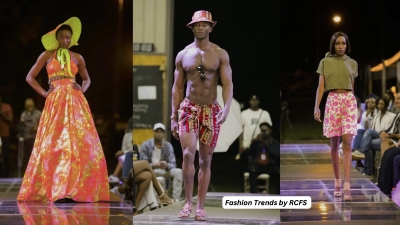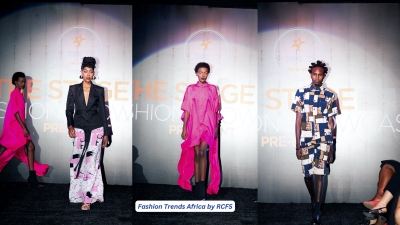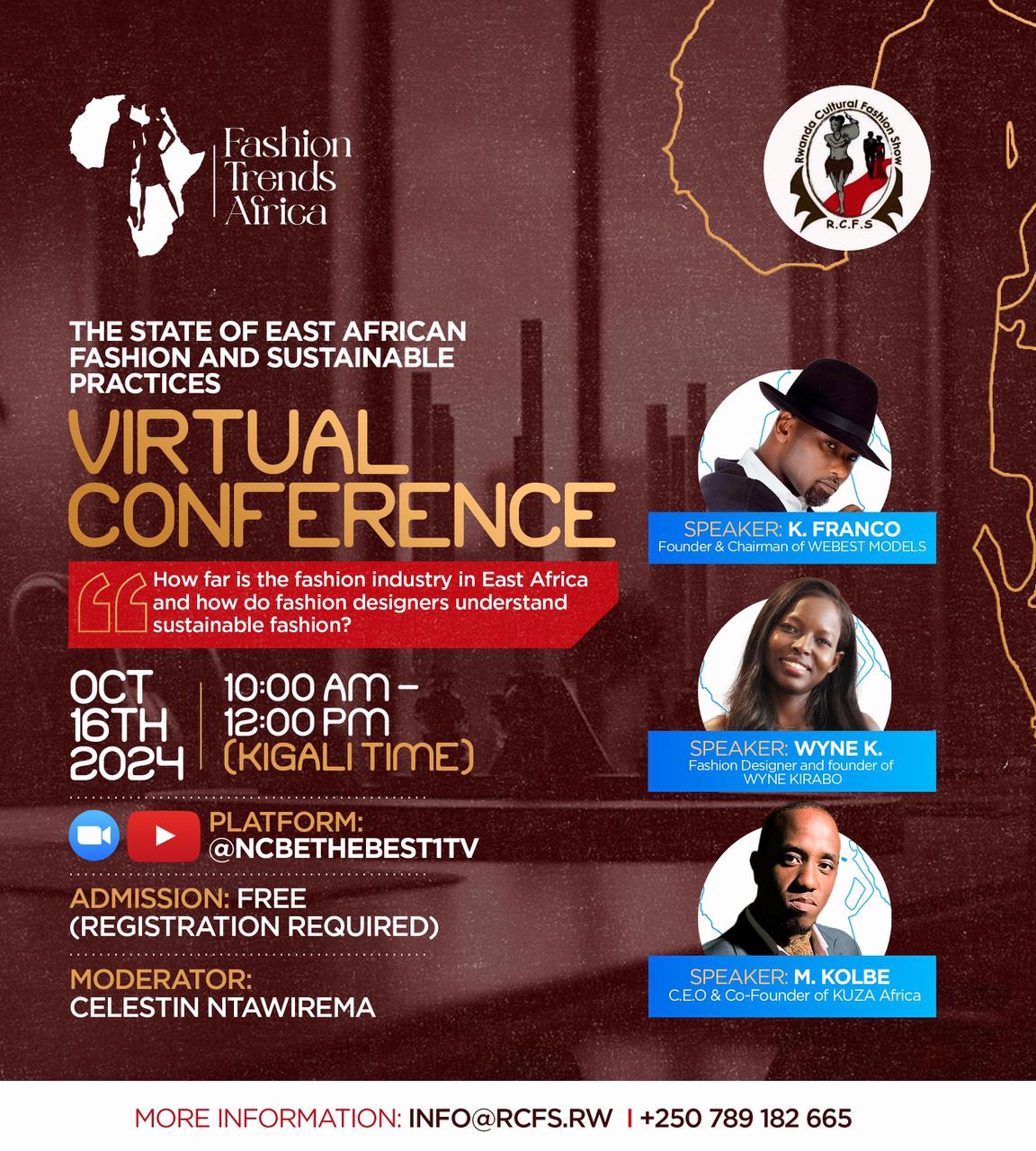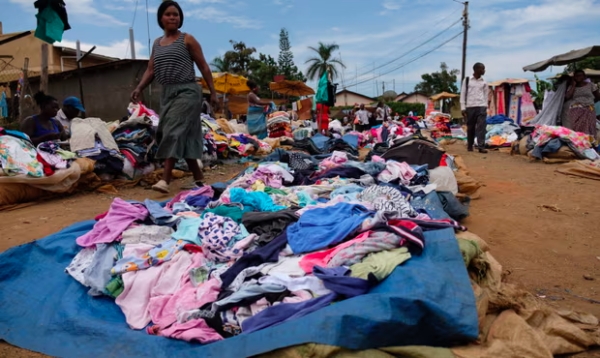 PHOTO: Second hand Clothes Market in Uganda (photo Internet)
PHOTO: Second hand Clothes Market in Uganda (photo Internet)
There is no doubt that African countries are in battle with secondhand clothes to the point where the president of Uganda told his citizens that these clothes belong to dead people, not Ugandans. On August 25th, at the opening ceremony of the Sino-Uganda Mbale industrial park, the president of Uganda, Yoweri Museveni warned Ugandans against the use of second-hand clothes otherwise called thrifts, as a move to promoting home brands and developing the country.
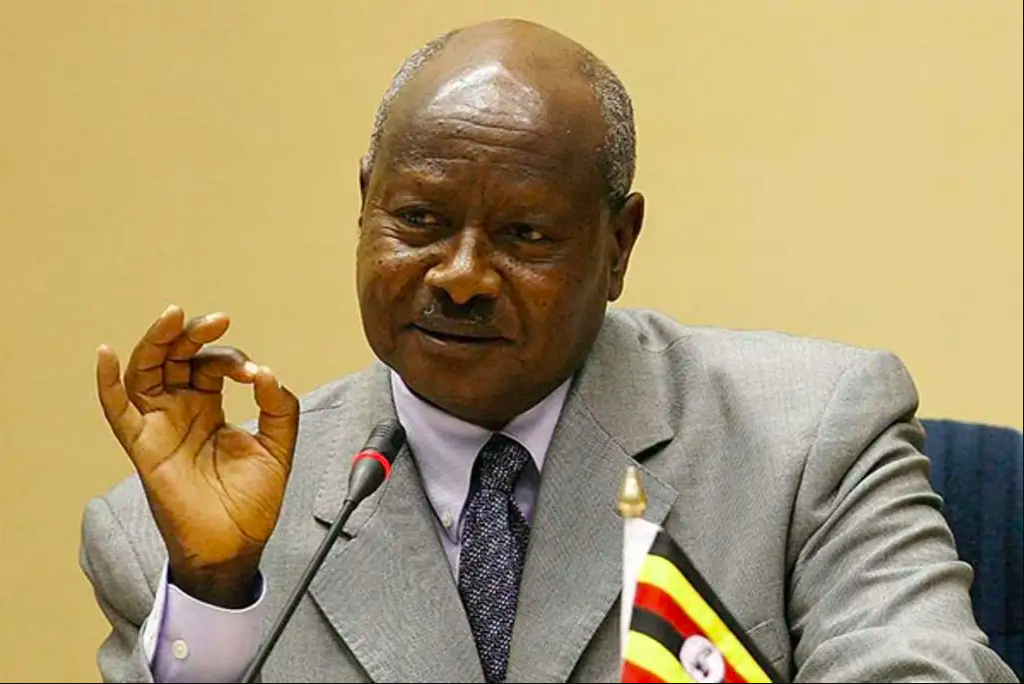 PHOTO: President of Uganda, Yoweri Museveni
PHOTO: President of Uganda, Yoweri Museveni
“Stop buying second-hand clothes. These clothes are for dead people. When they die, they organize the clothes and send them to Africa” Said Yoweri Museveni
However, many experts in fashion and textiles responded to Mr. President “But secondhand clothes don’t come from the dead. That’s not how fast-fashion systems work. People don’t die quickly enough for fast fashion, only trends do” Read a story by Bobby Kolade
President Museveni urged Ugandans to stop patronizing these second-hand clothes, adding that he has declared war on these fairly used items to create job opportunities in the textile industry. He said anyone who goes against his command will be severely dealt with.
“The clothes are shipped here for our people to wear. I wonder who collects them and brings them here. I have decided to put my foot down and say no to imported second-hand clothes. I have declared war on second-clothes to promote African wear.…Anybody who will stand in my way, I will crash him. We will not allow second-hand clothes to enter into the country anymore.” Said Yoweri Museveni
 PHOTOS: President Yoweri Museveni commissioned 16 factories at Sino Uganda-Mbale Industrial Park in Mbale City.
PHOTOS: President Yoweri Museveni commissioned 16 factories at Sino Uganda-Mbale Industrial Park in Mbale City.
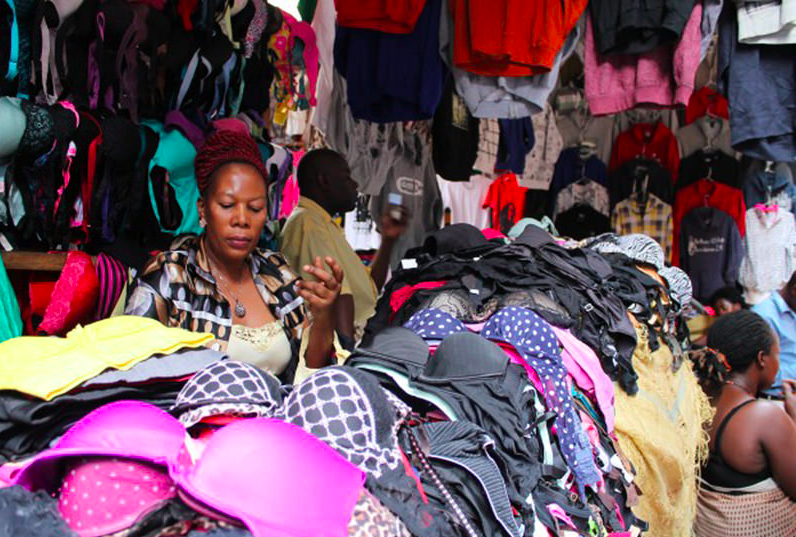 PHOTO: Second-hand clothes Shop in Kampala-Uganda
PHOTO: Second-hand clothes Shop in Kampala-Uganda
In Rwanda in 2017 the Rwanda government also banned these secondhand clothes and increased the taxation for those who would continue to import these luxury clothes according to sellers.
“Secondhand clothes are a good deal, I used to go to Nyabugogo and grab 20 pieces and move around the neighborhoods in Kigali by the end of the day, all clothes were already sold and my clients kept asking me to bring more because secondhand clothes are affordable by everyone,” Second Hand clothes seller in Kigali told the RCFS’s Media
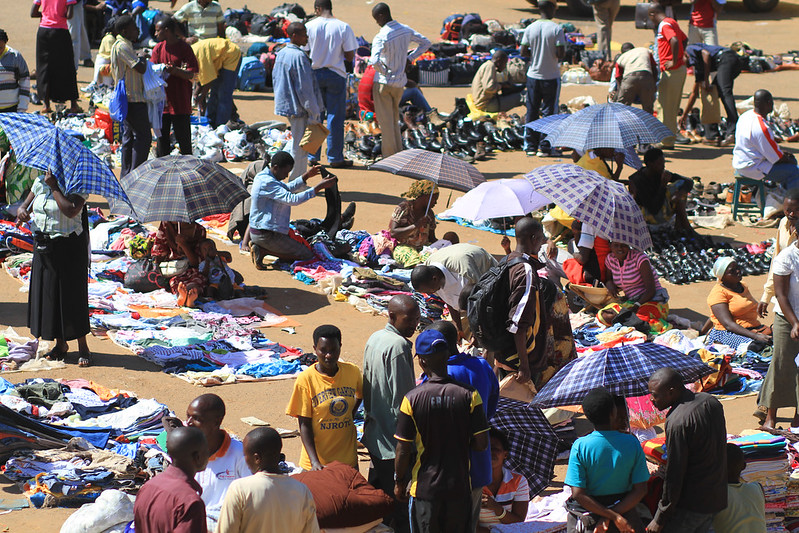 PHOTO: Second-hand clothes sellers in 2011 at, Nyabugogo Bus station and market, In Kigali-Rwanda
PHOTO: Second-hand clothes sellers in 2011 at, Nyabugogo Bus station and market, In Kigali-Rwanda
It is still hard to know who will win this battle but in Rwanda, there is a positive and negative impact on banning secondhand clothes. Positive: As of now Rwanda has more than 50 local fashion designers and citizens are getting to understand to wear made in Rwanda clothes even though some people still complaining about their prices. Negative: According to reports and statistics after banning second-hand clothes in Rwanda more than 40,000 people lost their jobs which impacted their family revenues and forced them to find other jobs to do which is hard for them as the unemployment rate in Rwanda continues to increase.
Latest from RCFS
- One week to go until Africa Sourcing and Fashion Week 2024: Designers, Exhibitors, and Speakers
- One week to go until Africa Sourcing and Fashion Week 2024: Designers, Exhibitors, and Speakers
- 9 Years Milestone: Moses Turahirwa and His Moshions Brand Rwanda-Based
- 9 Years Milestone: Moses Turahirwa and His Moshions Brand Rwanda-Based
- What to Expect in Lagos Heineken Fashion Week 2024: Runways Kick off Today



